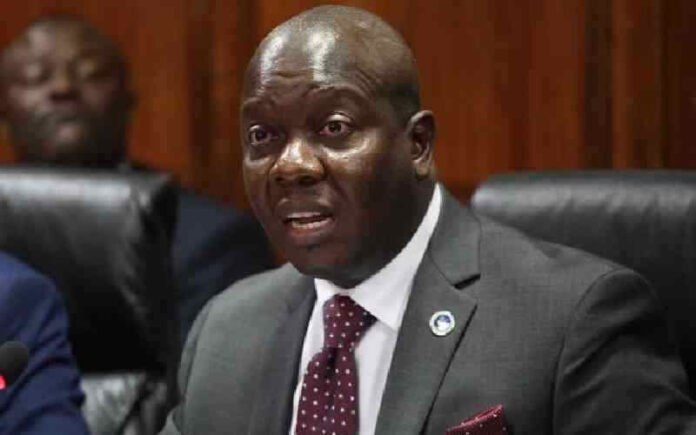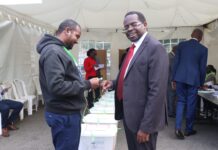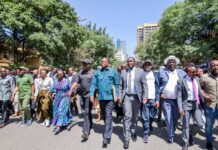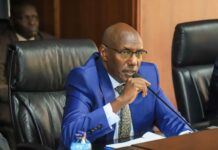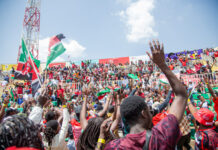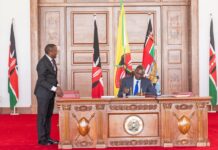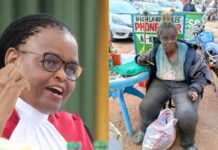Director of Public Prosecutions (DPP) Renson Ingonga has staunchly defended his office’s controversial move to charge several anti-government protesters with terrorism, dismissing claims that the prosecutions are politically motivated.
Speaking at a press briefing in Nairobi on Thursday, Ingonga emphasized that the terrorism charges stem from acts of destruction targeting government installations during recent protests, which, under Kenyan law, qualify as terrorism.
“Terrorism is not limited to guns or bombings,” said Ingonga. “Destroying government property, especially with the intention of causing public intimidation or pressure, meets the legal threshold for terrorism. This law was enacted by the same Parliament now opposing its application.”
The statement follows growing public and institutional backlash, with human rights groups, opposition figures, and the Law Society of Kenya (LSK) accusing the government of weaponizing anti-terror laws to suppress dissent.
Prominent activist Boniface Mwangi was among those arrested last weekend, with police initially accusing him of “facilitating terrorist acts” during the June 25 demonstrations held in honour of victims of last year’s deadly anti-tax protests. However, amid public uproar, Mwangi was on Monday charged only with unlawful possession of ammunition, a move many viewed as a softening of the ODPP’s initial stance.
Ingonga, however, rejected this interpretation, insisting the Office of the Director of Public Prosecutions (ODPP) remains independent and bases all charges strictly on evidence. “We want prosecution decisions to be uniform across the country,” he said. “The Decision to Charge Guidelines ensure we act with integrity, fairness, and consistency. We must resist pressure, fear, or favour.”
Meanwhile, 37 youth arrested during the June 25 and July 7 protests were released on cash bail of Ksh.50,000 or a bond of Ksh.200,000 each after facing similar terrorism-related accusations.
Former Chief Justice David Maraga joined critics this week in questioning the use of such grave charges against largely unarmed protesters, warning that misapplication of anti-terror laws undermines civil liberties and constitutional rights, particularly the right to peaceful assembly under Article 37.
The DPP’s defence sets the stage for a potential legal and political showdown over the scope and limits of Kenya’s anti-terror laws and their use in managing civil unrest.
Written By Rodney Mbua









